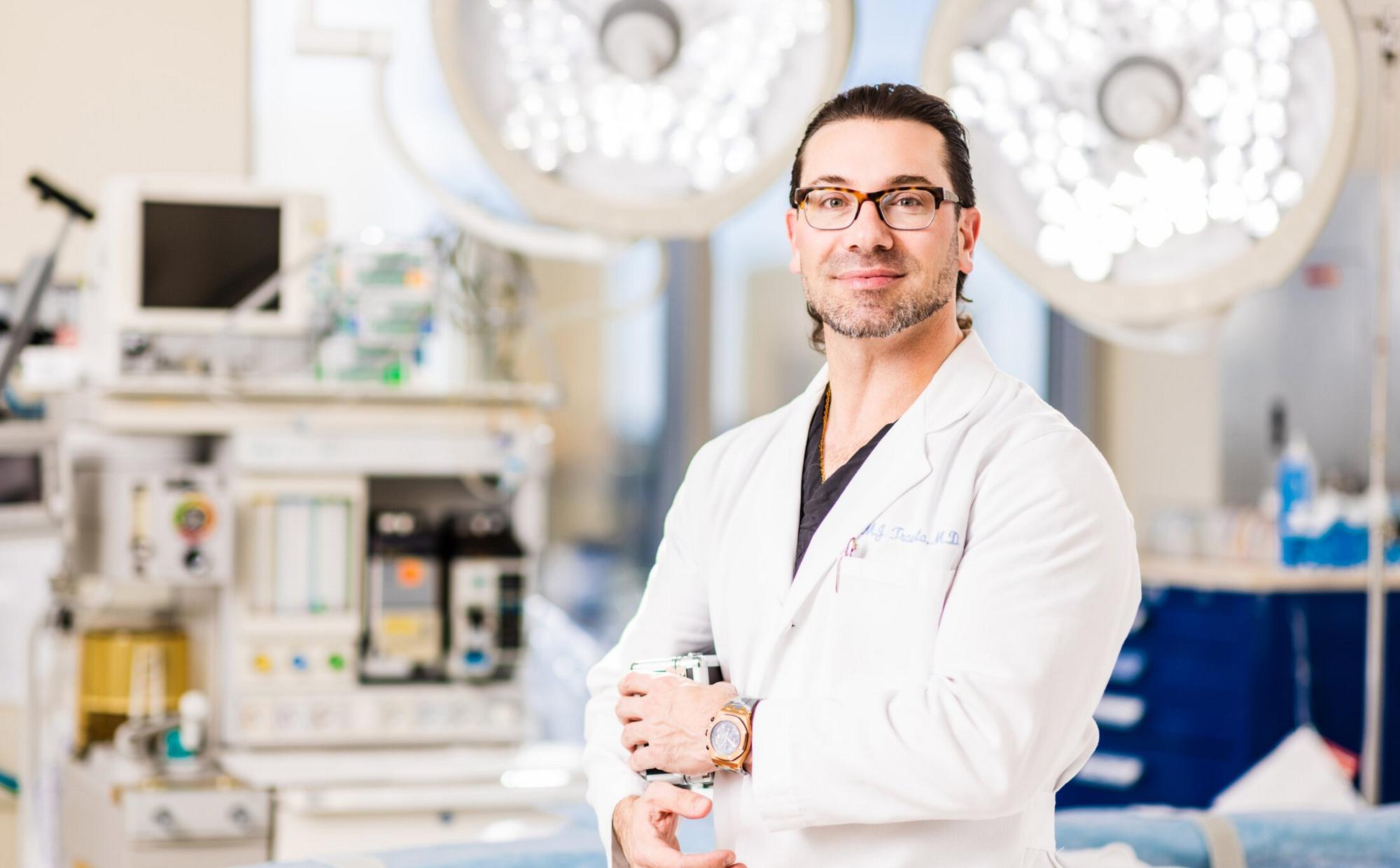Sexual health and wellness is much more than simply the absence of disease or dysfunction.
Any pursuit of overall human health and wellness must address our sexuality. Sexual health is vital to our physical, mental, and emotional well-being. Throughout our lives, we are sexual beings. We naturally seek human intimacy. Sex is a form of intimacy but by no means the only one. Sexual health is a state in which we are free to express our sexuality in healthy ways. It includes freedom from sexually transmitted diseases, unwanted pregnancy, coercion, violence, and discrimination. Healthy sexuality is a necessary component of healthy human relationships, one that allows us to enhance the quality, enjoyment, and meaning of our lives.
The doctors and staff at ThriveMD in Dallas, TX take a “whole body and mind” approach to healthcare. As a medical practice, ThriveMD recognizes that sexual health and well-being are an essential part of responsible, high-quality patient service. Our Dallas Sexual Wellness customized treatments offered at ThriveMD can increase sex drive, elevate sexual performance and deepen human intimacy.


